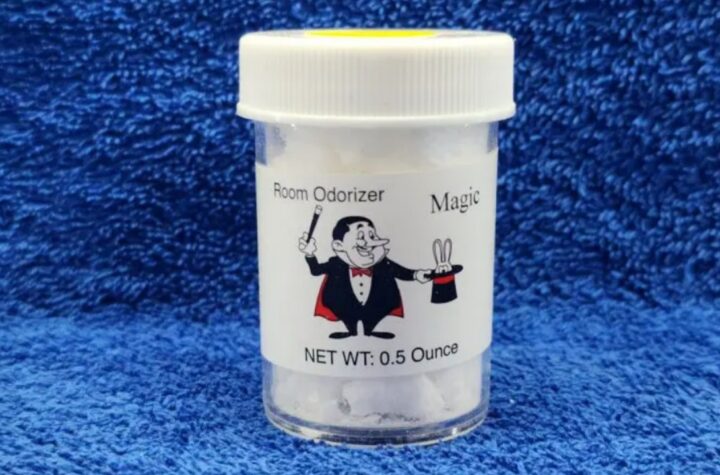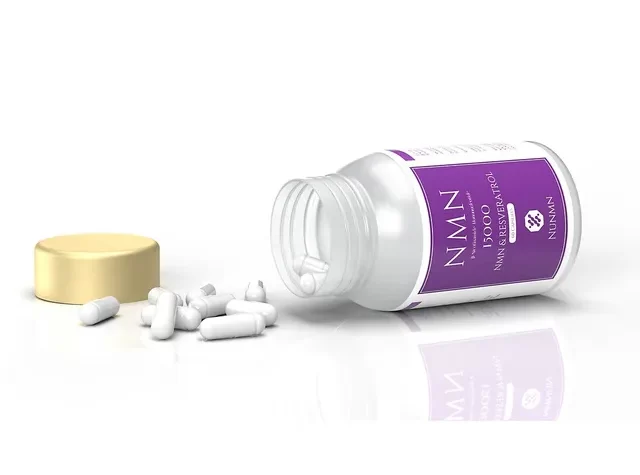
Cannabidiol (CBD) has been making headlines lately as people worldwide are discovering the benefits of this natural compound. CBD is one of the many compounds found in the cannabis plant, and unlike its close relative, tetrahydrocannabinol (THC), it does not produce any psychoactive effects. If you want to learn more about how CBD works in the body, read on.
The Endocannabinoid System (ECS)
The human body has an endocannabinoid system (ECS),responsible for maintaining balance and stability. The ECS comprises receptors found throughout the body, including the central nervous system, the immune system, and other tissues. These receptors are activated by natural compounds called endocannabinoids, which are similar to the compounds found in the cannabis plant.
CBD and the ECS
When CBD is introduced into the body, it interacts with the ECS in many different ways. One of the best ways is by inhibiting the breakdown of endocannabinoids, which allows them to remain active in the body for longer. This can lead to an increase in the levels of endocannabinoids in the body, which can have several therapeutic effects.
In addition to inhibiting the breakdown of endocannabinoids, CBD can also activate certain receptors in the ECS. This can lead to various therapeutic effects, including reducing pain, improving mood, and reducing inflammation.
How CBD is Metabolized
Once CBD is introduced into the body, it is metabolized by the liver. The liver breaks down CBD into several different compounds, including 11-hydroxy-THC, a potent psychoactive compound. However, the levels of 11-hydroxy-THC produced by the liver are usually very low, which means that CBD does not produce any psychoactive effects.
The Benefits of CBD
Growing evidence suggests that CBD can have many therapeutic benefits. For example, CBD’s most well-known benefits include reducing pain and inflammation, improving mood, and reducing anxiety and depression.
CBD has also been shown to have several other benefits, including reducing the symptoms of multiple sclerosis, improving sleep, and reducing the symptoms of epilepsy. Evidence suggests that CBD may have anti-tumor effects and may help treat certain types of cancer.
Potential Side Effects of CBD
While CBD is generally considered safe, there are some potential side effects that you should be aware of. Some of CBD’s most common side effects include nausea, fatigue, and changes in appetite. Additionally, CBD can interact with certain medications, so it is vital to speak to a doctor before taking CBD supplements if you are currently taking any prescription medications.
In rare cases, CBD may cause more serious side effects, including liver damage, mood changes, and blood pressure changes. If you experience such side effects, stopping taking CBD and seeking medical attention immediately is essential. Despite these potential side effects, CBD is generally considered safe for most people, and the vast majority of people who take CBD do not experience any serious side effects.
CBD works by interacting with the endocannabinoid system (ECS) of the human body. By inhibiting the breakdown of endocannabinoids and activating certain receptors in the ECS, CBD can produce a range of therapeutic effects, including reducing pain, improving mood, and reducing inflammation. Learn more before you start exploring products online. CBD is metabolized by the liver and does not produce any psychoactive effects. In addition, there is growing evidence to suggest that CBD can have several therapeutic benefits, and it is becoming an increasingly popular alternative to traditional medications.




